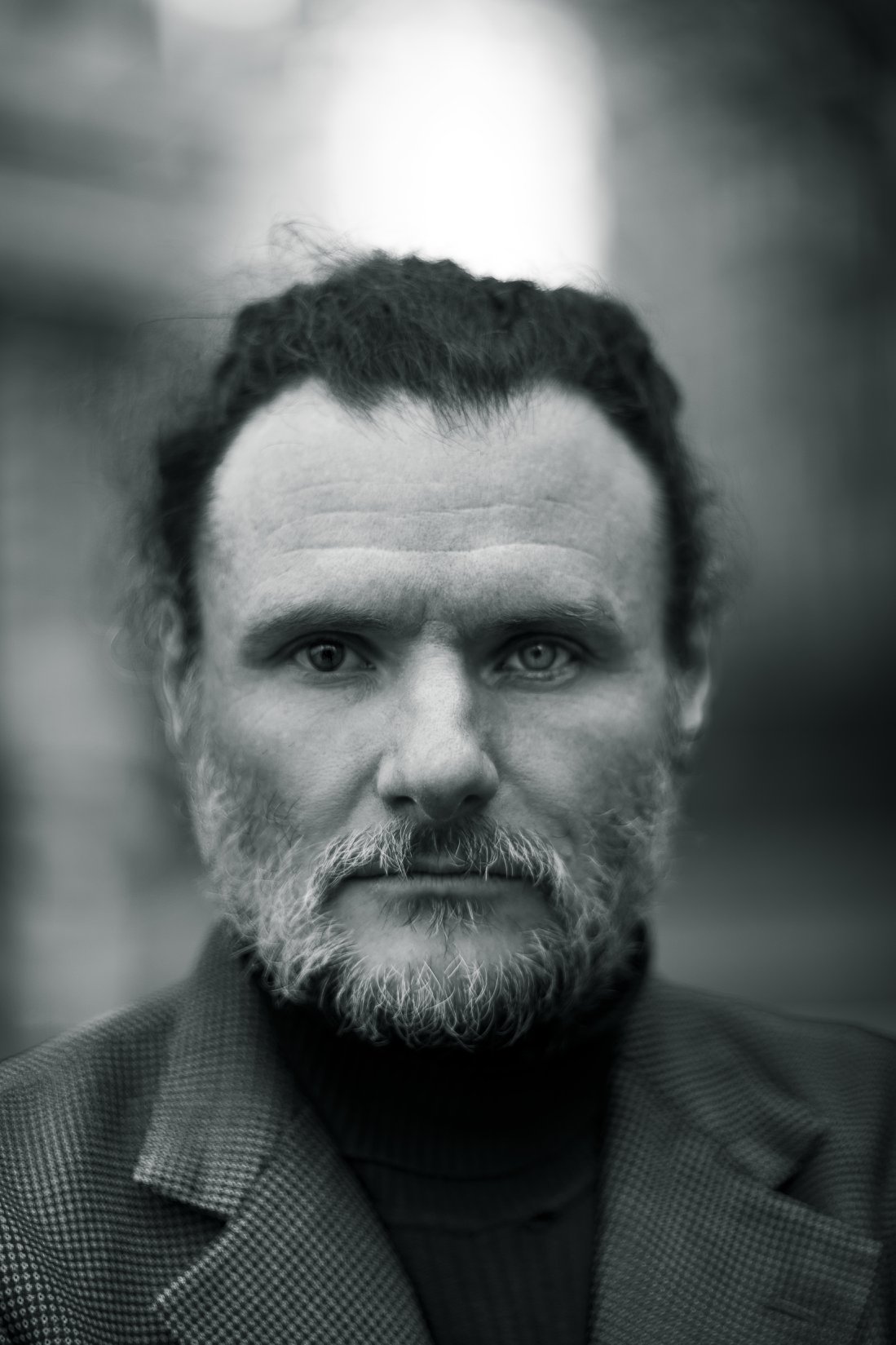Great to have you back!

0
Videos
Videos
Sheets
Interview
What does music mean to you personally?
Music saves me!
Do you agree that music is all about fantasy?
I would say that music is also about fantasy, but I think music as a listener is mainly about the direct experience of pure emotion. As a composer, you have to balance your emotions with rational considerations so that the piece doesn't get out of hand.
If you were not a professional musician, what would you have been?
A technician. Classical music came into my life relatively late, when I was 17. At that time, I was attending a technical school and before I studied composition at the conservatory at 24, I studied mathematics & physics. Today I also create websites and work in the field of IT solutions. I find it a stimulating complement. You have to be creative in both fields...
The classical music audience is getting old, are you worried about the future?
I don't think classical music will ever die out, but we should educate young people to be more musical. That would help us in all areas. I am less worried about the classical audience than about the contemporary audience. But maybe the problem is not only with the audience, but also with the path that many contemporary composers are taking...
What do you envision the role of music to be in the 21st century? Do you see that there is a transformation of this role?
The role of composers and their music has changed again and again over the centuries, but it has never been as pluralistic as it is today. Nowadays, every composer and every listener can find their own role. Commercial success and craftsmanship have never been as far apart as they are today, but the original reason for music, to directly generate emotions, will probably always remain.
Do you think that the musician today needs to be more creative? What is the role of creativity in the musical process for you?
Without creativity there is no (good) music. However, new compositional possibilities are expanding the parameters of creativity today. Through digital sound production, for example, also with the help of algorithms, creativity can be expanded in this respect.
For me, it is always important to communicate my own personal experiences and the resulting feelings musically in such a way, that they reach the listener in the purest possible way, no matter in which musical language and with which means I express myself.
Do you think we as musicians can do something to attract the younger generation to music concerts? How would you do this?
There has never been as much music, so readily available, as today. Every music genre has its justification. It takes longer to find access to the more complex classical music, but I think the enjoyment of this music is then also more lasting. We should show the younger generation what musical richness was created centuries ago without today's technical means and that at the time the same emotions were involved as in pop music today, for example. We can also explain how many professionally trained musicians play together in a single orchestra concert without amplifiers to bring a symphony to life.
Tell us about your creative process. What is your favorite piece (written by you) and how did you start working on it?
If you haven't experienced anything, you can't report anything. In my works, I deal with myself, process my experiences and put these emotions into the music. That's probably why I spared myself a therapist...
I could compose anything at any time, but in the beginning I always look for an initial spark. It could be a few bars, a motif or a short phrase. In any case, I have to feel that it can be developed into something bigger. Most of the time, this small initial part is not the beginning of the composition, but an exposed passage that comes later, and then, step by step, I build the whole piece around it. I can't say which is my own favorite piece. It often depends on the mood of the day. Sometimes I have an impression of a piece and then when I listen to it again, my opinion of it changes. I would compose many of my existing pieces differently today, but I don't rewrite old pieces anymore, because they are in any case an authentic testimony of that time.
Can you give some advice for young people who want to discover classical music for themselves?
Although classical music, as already mentioned, can be very complex and there were brilliant composers, you should approach it in a playful way. My initial self-taught approach helped me a lot, because it allowed me to play the piano without pressure and to compose my first pieces very freely, without thinking about rules. When you learn an instrument as a child, there should always be time for 'freestyle'. In the beginning, you don't always find the fun in the notes. You can try to play pieces you like by ear. This way, you often come up with your own ideas more naturally, without feeling the tight corset of musical theory.
Do you think about the audience when composing?
Never!
What projects are coming up? Do you experiment in your projects?
I recently bought a grand piano. Before that, I only had a piano. No matter what instruments I compose for, the pieces are always written on the piano. Composing on a real instrument inspires me much more than composing on the computer. The beautiful grand piano in my apartment now inspires me even more. I wrote my first piano trio in 2011. It's now time to write a second one. Maybe it will also become a piano quartet or quintet. Each of my composition projects is always an experiment, until it's finished.
Copyrights © 2019 Moving Classics TV All Rights Reserved.